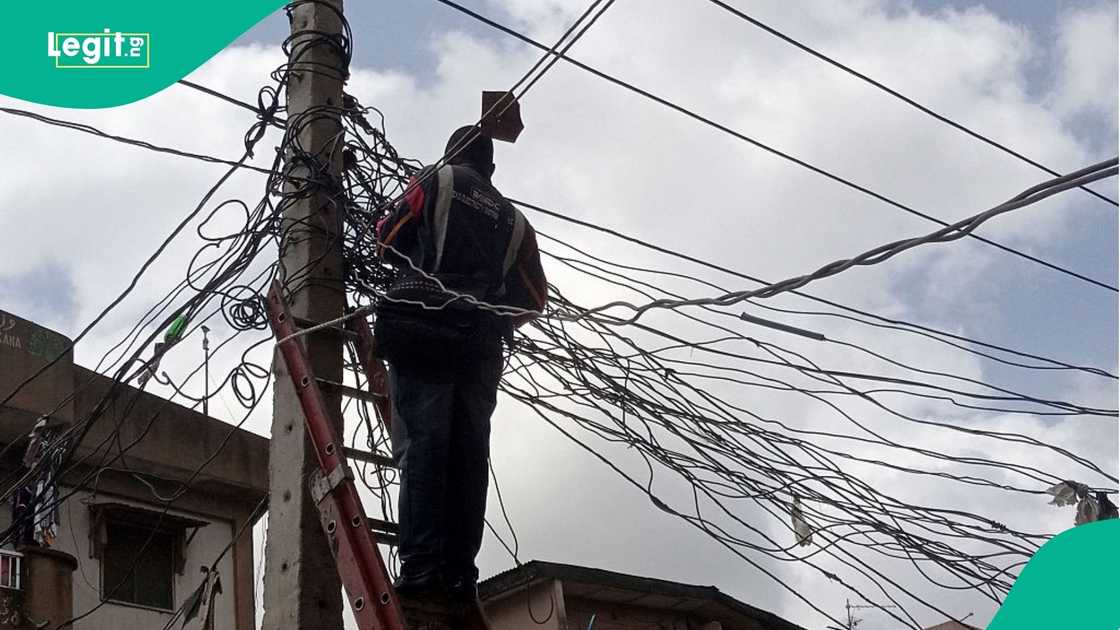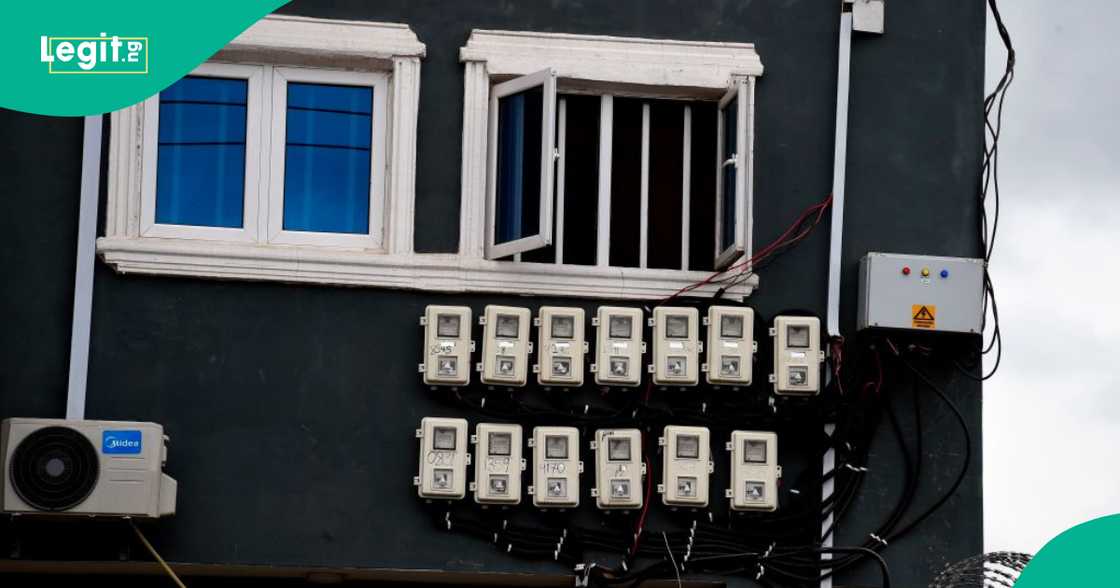Eko, Ikeja, Abuja DisCos Collect Highest Bills as Customers Pay ₦565 Billion
- A new report from the NERC has revealed the performance of Electricity Distribution Companies (Discos) in bill collection
- The report revealed that DisCos received a total of N564.71bn out of N742.34bn billed in the second quarter (Q2) of 2025
- This performance is based on repayment behaviour among customers and the availability of meters
Eko, Ikeja, and Abuja Electricity Distribution Companies recorded the highest bill collection rates among DisCos in Nigeria, a report by the Nigerian Electricity Regulatory Commission (NERC) has revealed.
The report measured the performance of DisCos in recovering billed revenue (collection efficiency), noting that DisCos received a total of N564.71 billion out of N742.34 billion in the second quarter (Q2) of 2025.

Source: Getty Images
The NERC noted that the collection efficiency rate for the period under review was 76%, a mild improvement from the 74% recorded in the previous quarter.
DisCos by performance

Read also
Nigeria’s FX inflows fall to $672m despite naira strengthening at both official and black markets
Leading DisCos with high collection efficiency rates are Eko, with N106 billion collected from N120 billion billed; Ikeja, which recorded N105 billion in revenue out of N127 billion billed; and Abuja, with N89 billion collected from the N116 billion it billed.
Port Harcourt Electricity Distribution Company posted the highest quarter-on-quarter improvement, raising its collection efficiency to 70%, an increase of 9.77% from the previous quarter.
Conversely, the Jos franchise recorded one of the poorest performances, with collection efficiency at just 44%. Kaduna and Yola also ranked among the weakest performers, remitting only ₦13 billion and ₦9 billion, respectively, against billed totals of ₦26 billion and ₦16 billion.
The role of metering
The commission explained that metering plays a significant role in customers' repayment behaviour. Locations with higher metering spread reported stronger repayment rates because customers perceive the billing system as more transparent and aligned with actual consumption.
On the other hand, households and businesses that heavily rely on estimated billing recorded low payments.

Source: Getty Images
NERC reported that only 54.3% of power consumers were metered in the period under review, leaving nearly half of all customers dependent on estimated billing.
According to the commission’s figures, Nigeria has about 11.8 million registered electricity users, but just 6.42 million had functional meters as of the second quarter of 2025. Although 225,631 meters were installed during the quarter, the metering deficit remains significant.
Metre installation spread
Ibadan DisCo, one of the country’s largest networks, installed the highest number of new meters, adding 45,000 customers during the quarter. It is followed by Ikeja (39,000), Abuja (32,000), Benin (28,000), Eko (21,000), Enugu (17,000), with smaller but notable deployments.
Ikeja Electric, long regarded as one of the distributors with the widest metering coverage, posted the highest metering rate at 85%.
In contrast, Yola (29%), Jos (30%), and Kaduna (33%) recorded the lowest levels, highlighting significant gaps in metering performance across the distribution companies.
DisCos face liquidity crises
Legit.ng earlier reported that the power regulator may assume control of some distribution companies due to their worsening liquidity challenges.
The DisCos have been struggling with revenue estimation and collection, a situation compounded by rising debt levels.
However, the recent improvement in collection efficiency, if sustained, could gradually help ease the liquidity pressures facing the distribution companies.
Source: Legit.ng


